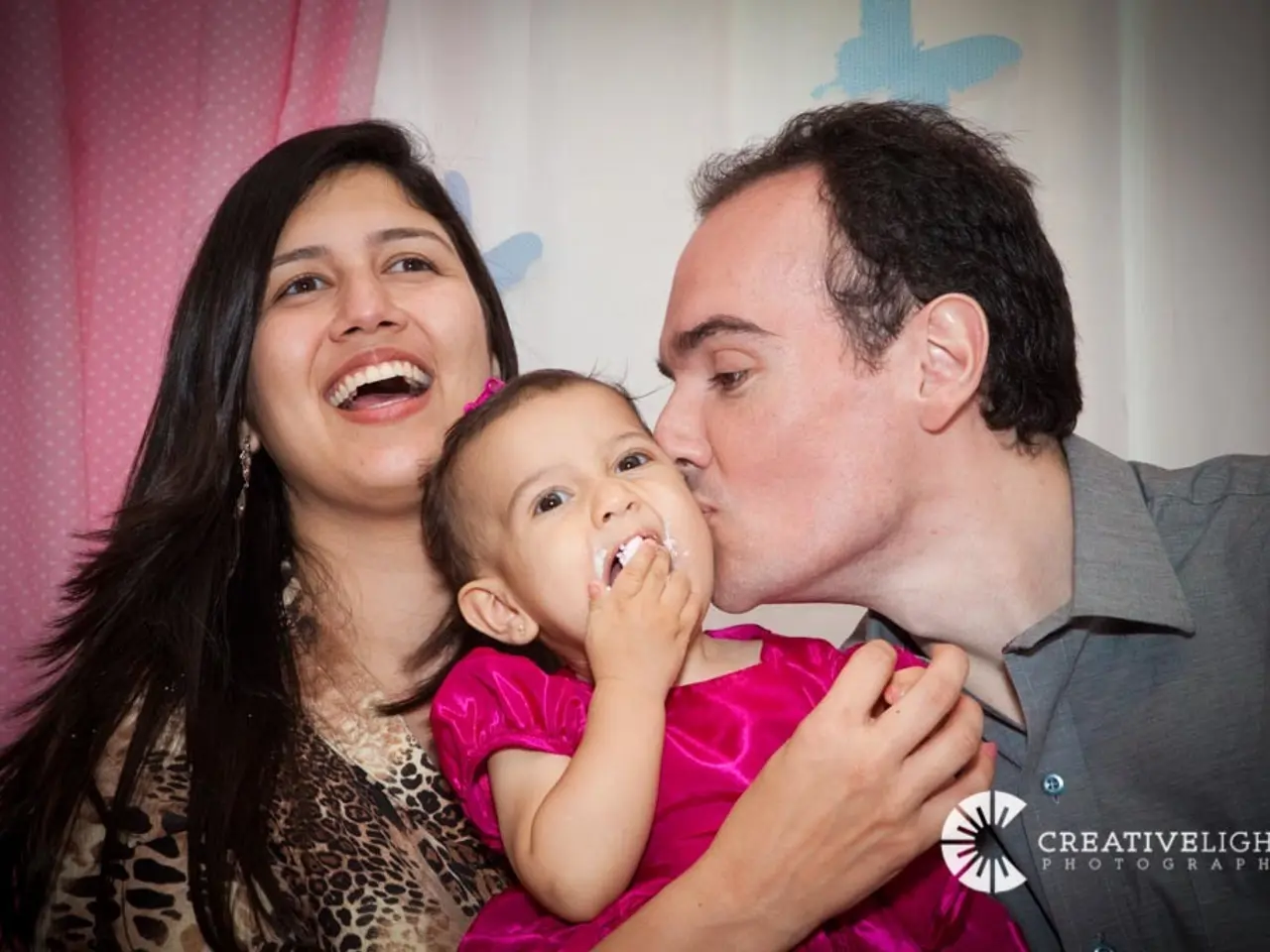Struggling Parenthood Online: Websites Facing Challenges in Achieving Parenthood
In the heart of Germany, Berlin stands out as a city that offers a range of fertility options for same-sex and reproductively-challenged couples. At specialized clinics in the city, services like intrauterine insemination (IUI), in vitro fertilization (IVF), and assisted reproductive technologies (ART) are tailored to meet the unique needs of these couples.
The costs for these procedures can vary widely. IUI typically ranges from around €300 to €1,000 per cycle, while IVF cycles generally cost between €3,000 and €5,000, depending on the clinic, protocols, and number of embryos transferred. Some clinics offer financing options or packages to make procedures more affordable, especially for complex cases.
Dr Anja Mutz, a specialist in reproductive medicine and endocrinology, opened her clinic, the Kinderwunschzentrum am Potsdamer Platz, in 2012. Her goal was to break down the stigma and isolation that many infertile couples experience. Mutz and her clinic cofounder Dr Hanadi Awwadeh, who speaks Arabic, also emphasise providing comfort and support for people where the system doesn't always.
However, Germany’s healthcare system covers some fertility treatments partially or fully for heterosexual couples under medical necessity criteria, but coverage for same-sex couples can be more limited and might require private payment. This is due to the intensely heteronormative system for fertility treatment in Germany.
Age is the biggest factor when people struggle to conceive, according to Dr Mutz. The second biggest factor is male infertility, which contributes to 40-50% of cases. The third factor is the female factor such as [fallopian] tube problems due to endometriosis or an infection.
In Germany, egg donation and surrogacy are prohibited by the Embryo Protection Act, which was passed in 1990 and is considered one of the most outdated fertility regulations in Europe. Adoption in Germany is governed primarily by the Adoption Law (Adoptionsrecht) and the Civil Code (Bürgerliches Gesetzbuch), with additional guidelines provided by the Youth Welfare Act (Jugendhilfegesetz).
Berlin has a history of sexual tolerance and services sensitive to queer families. The neighborhood of Prenzlauer Berg, once rumored to have the highest birth rate in Europe, has seen its birth rate fall. Despite this, Berlin's birth rate remains the lowest in the country, reflecting a broader trend of declining birth rates across Germany, with the number of births in 2023 falling to a 10-year low.
Instagram has emerged as a powerful tool for education and support in the field of reproductive health. For those seeking fertility treatments in Berlin, it is best to contact specialized fertility clinics directly to obtain precise pricing and service packages relevant to their needs. No exact pricing data specific to Berlin clinics was found in the search results, but typical German private fertility clinic costs align with the above estimates from European contexts and fertility financing resources.







